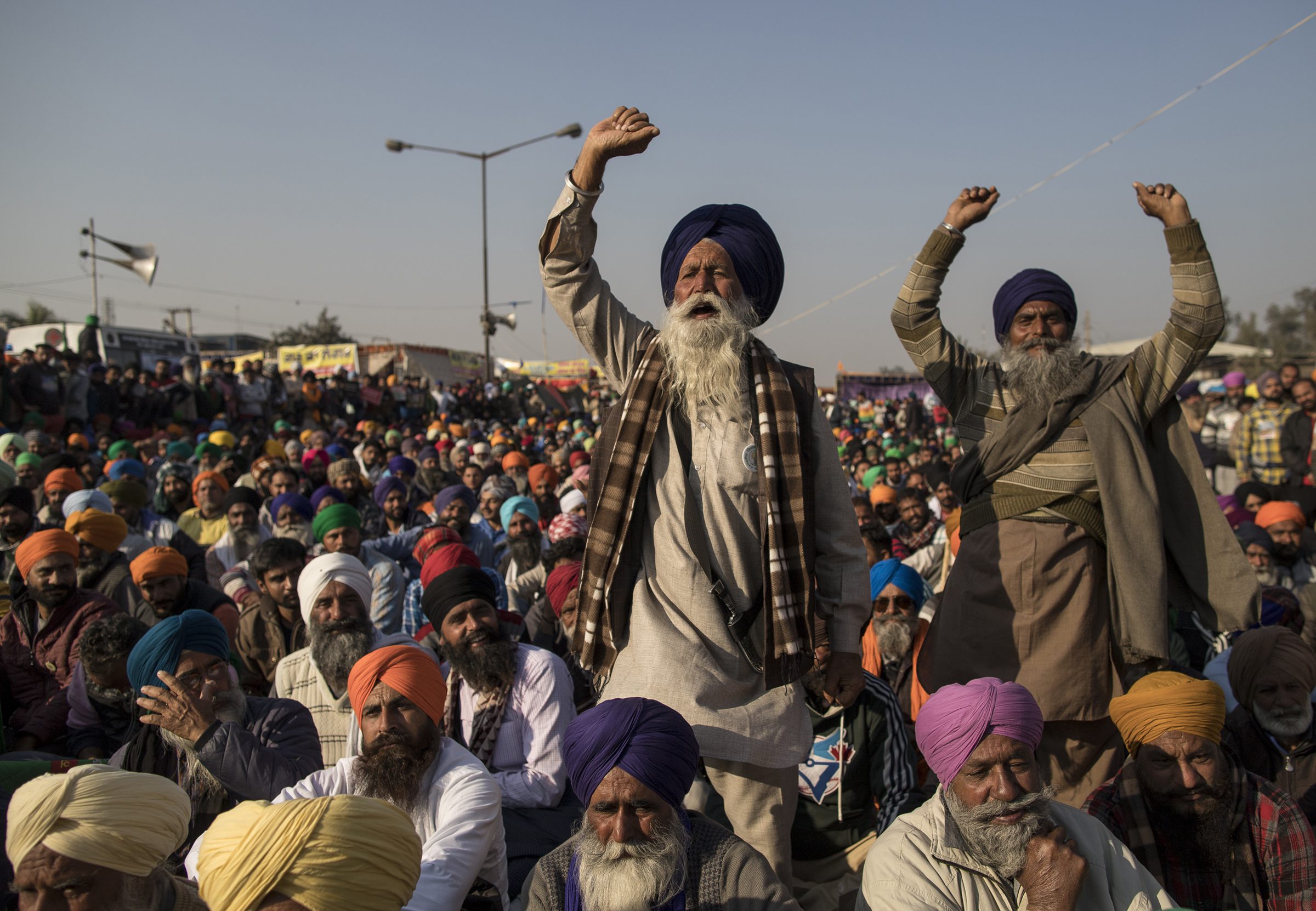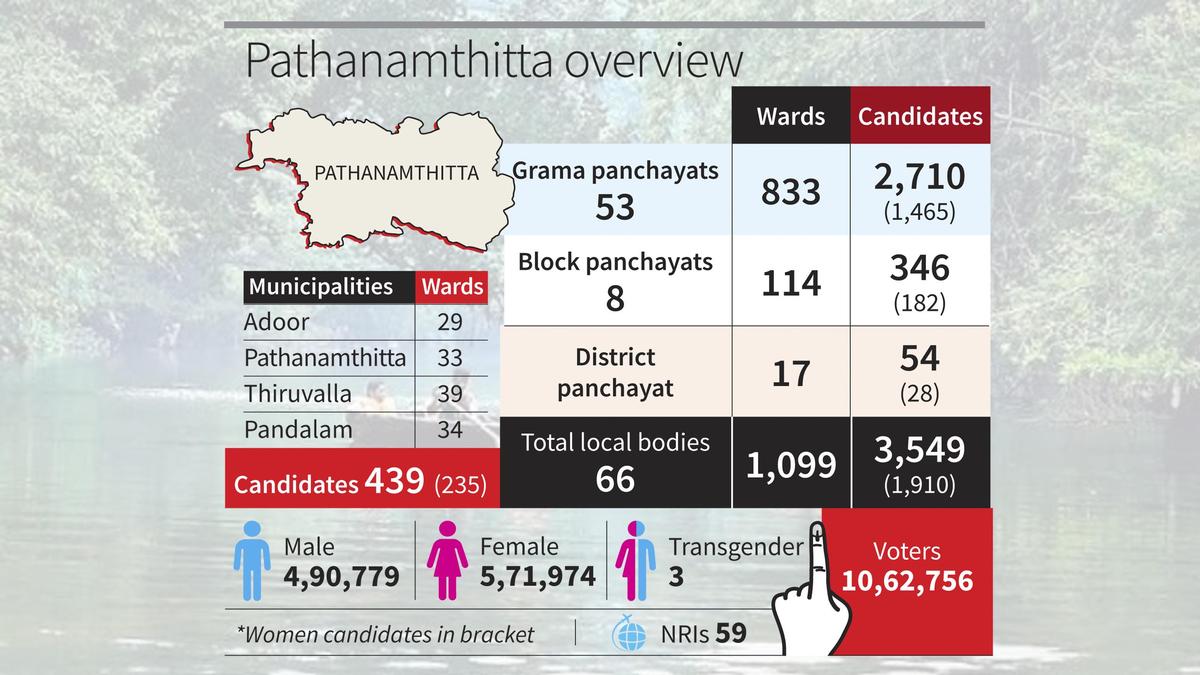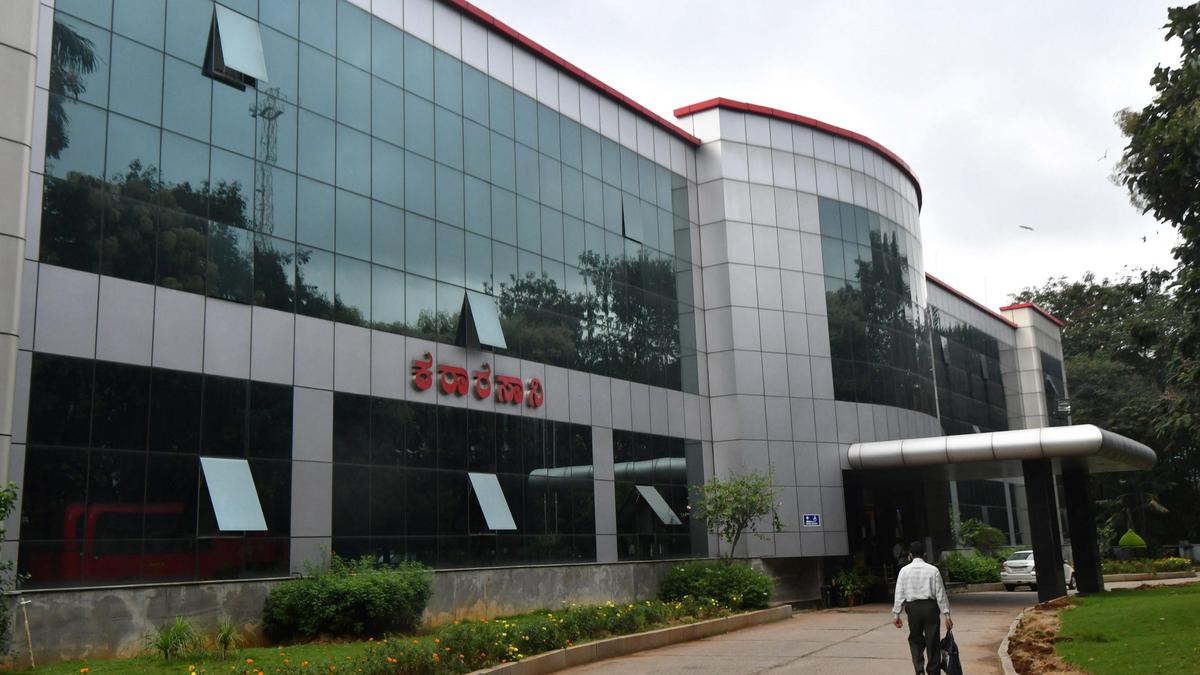Ripple Effects: Beyond Slogans and Headlines
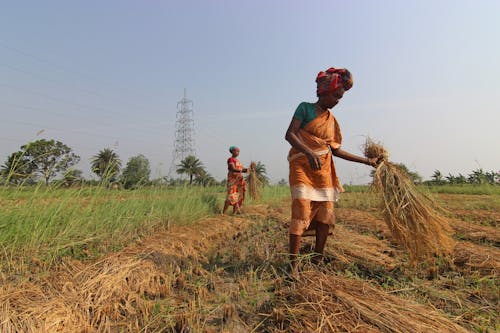
Farmer protests in India are not just about agricultural issues; they reverberate through various aspects of society, impacting food security, rural communities, and national politics. This blog delves into the far-reaching social implications of these protests, analyzing their effect on different stakeholders and highlighting the need for understanding diverse perspectives and finding long-term solutions.
Food Security at Stake: Ensuring Stability and Access
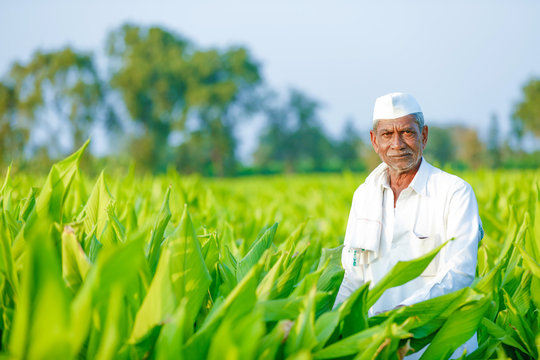
Disruptions in Supply Chains: When protests interrupt agricultural production and transportation, shortages of essential food items like vegetables, milk, and grains can occur. This directly impacts food security, especially for vulnerable populations like low-income families and those in urban areas reliant on steady supplies. Price fluctuations and uncertainties in availability can also contribute to food insecurity, creating anxiety and hardship for consumers.
Price Fluctuations: Protests can disrupt market mechanisms, leading to volatile price fluctuations for agricultural products. While farmers might initially face lower prices due to unsold produce, prolonged uncertainties can ultimately lead to price spikes for consumers when supply chains get disrupted or delayed. This creates a delicate balance, highlighting the need for open communication and timely solutions to minimize disruptions and ensure stable food prices.
Importance of Dialogue and Solutions: Ensuring stable food supply requires addressing the concerns of farmers while maintaining efficient production and distribution systems. Open dialogue between farmers, government, and other stakeholders is crucial for finding solutions that benefit all parties. Additionally, investing in alternative distribution channels, storage facilities, and risk management strategies can help mitigate the impact of protests on food security.
Rural Communities: Bearing the Brunt of Discontent
Livelihoods at Risk: Rural communities heavily reliant on agriculture are often at the forefront of these protests, directly experiencing their economic and social consequences. Farmers might face income losses due to unsold produce, reduced prices, and delays in payments. Additionally, small businesses dependent on agricultural inputs or related services can also suffer economic hardship.
Social Cohesion and Uncertainty: Protests can create divisions and tensions within rural communities, especially when there are differing opinions or levels of participation. Additionally, the uncertainty surrounding the duration and outcome of protests can fuel anxiety and create an atmosphere of social unease.
Investing in Rural Development: Addressing the root causes of farmer discontent requires long-term solutions that go beyond immediate protest demands. Investing in rural infrastructure, improving access to irrigation, technology, and market linkages can empower farmers and make them more resilient to economic shocks. Additionally, promoting diversification of rural economies and creating alternative income opportunities can help reduce dependence on agriculture and provide safety nets during crisis periods.
National Politics: A Stage for Rural Voices
Shifting Political Landscape: Farmer protests can significantly influence the political landscape, shaping public opinion and potentially impacting electoral outcomes. Politicians often use these protests as opportunities to garner support, making promises and aligning themselves with specific demands. This can sometimes lead to populism and politicization of issues, making it challenging to find objective solutions.
Media Portrayal and Public Opinion: Media coverage of farmer protests plays a crucial role in shaping public opinion and understanding. Balanced and nuanced reporting that considers diverse perspectives is essential to avoid misinformation and promote informed public discourse. Additionally, engaging in constructive dialogue with different stakeholders, including farmers, government officials, and experts, can provide a more comprehensive understanding of the issues at stake.
Looking Beyond the Protests: Towards Sustainable Solutions

Farmer protests in India highlight the complex interplay between agriculture, food security, rural communities, and national politics. Addressing these issues requires a multi-pronged approach that considers the diverse perspectives of all stakeholders. Open dialogue, long-term solutions focused on rural development, and sustainable agricultural practices are key to finding solutions that benefit farmers, consumers, and society as a whole.


